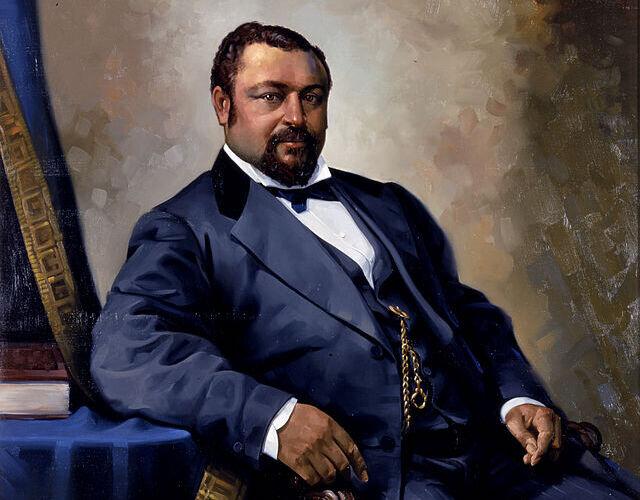This Day In History: March 1st
Blanche Kelso Bruce began his political career with aspirations of protecting the rights of freedmen and other minorities. In his pursuit, Bruce became the first African-American elected to a full term in the United States Senate and only the second African-American to serve as a senator.
Bruce was born into slavery on March 1, 1841. He was one of 11 children and despite his status, he was allowed to learn with his owner’s children. Bruce wanted freedom and managed to escape to Kansas as the Civil War began. He attempted to enlist in the Union Army but was rejected.
He began working as a teacher and moved to Hannibal, Missouri, near the end of the war. While in Missouri, he organized the state’s first school for African-American children in 1864. However, by 1869, Bruce decided to move to Mississippi in search of new opportunities.
After arriving in Mississippi, Bruce was influenced to get involved with politics after hearing a speech from the gubernatorial candidate, James Alcorn. By 1870, he was immersed in the world of politics and was appointed registrar of voters in Tallahatchie County. Bruce was also appointed county superintendent of education and transformed his county’s school system into one of the best in the state.
During this time, Bruce was also increasing his wealth through his endeavors as a planter and investments in property. His wealthy status and reputation as a top politician allowed him a chance to become lieutenant governor in 1873, but Bruce refused after deciding to pursue the vacant seat in the U.S. Senate. The state legislature met to nominate a U.S. Senator to fill the seat for a full six–year term and elected Bruce nearly unanimously on February 4, 1874.
While in office, he was able to find an ally in Republican Senator Roscoe Conkling of New York. Bruce was an advocate for African Americans but also believed that racial cooperation was needed for political stability. He promoted the integration of the armed forces and the fair treatment of African-American servicemen. In 1879, Bruce also submitted a bill to distribute the unclaimed money of Civil War soldiers to five African–American colleges, but it was later rejected by Congress.
Although Bruce began his career with support from both races, by the time of reelection in 1880, he did not even attempt a second term. Some African Americans began to question his validity while he also had to deal with white politicians in Mississippi seeking to make the legislature less diverse. Following his term as senator, Bruce found work at the Register of the Treasury, which placed his name on all U.S. currency.
Bruce also joined the board of trustees at Howard University and was even considered for a Cabinet position in President William McKinley’s administration. Bruce spent the remainder of his career in the nation’s capital until his death on March 17, 1898.


